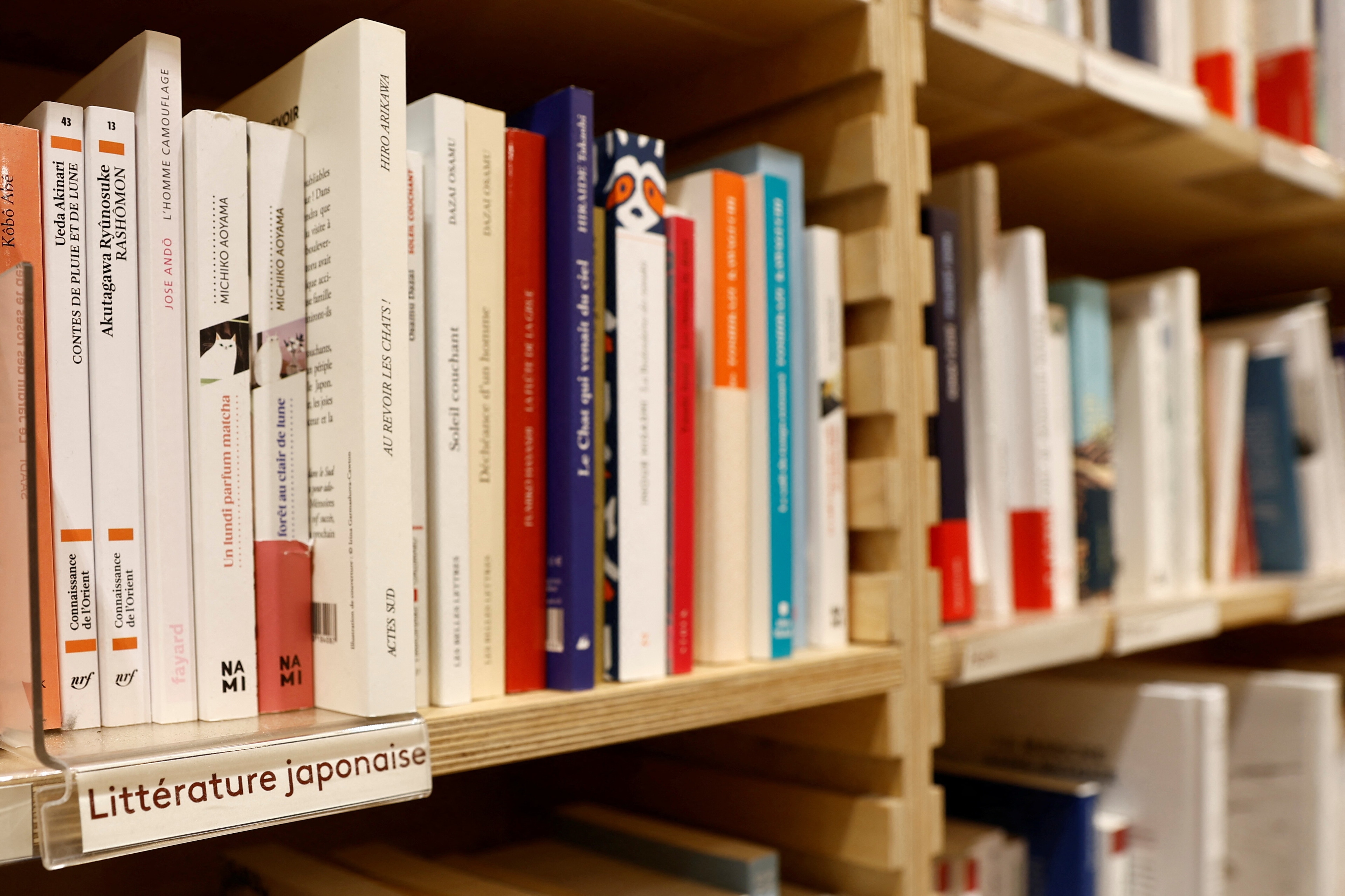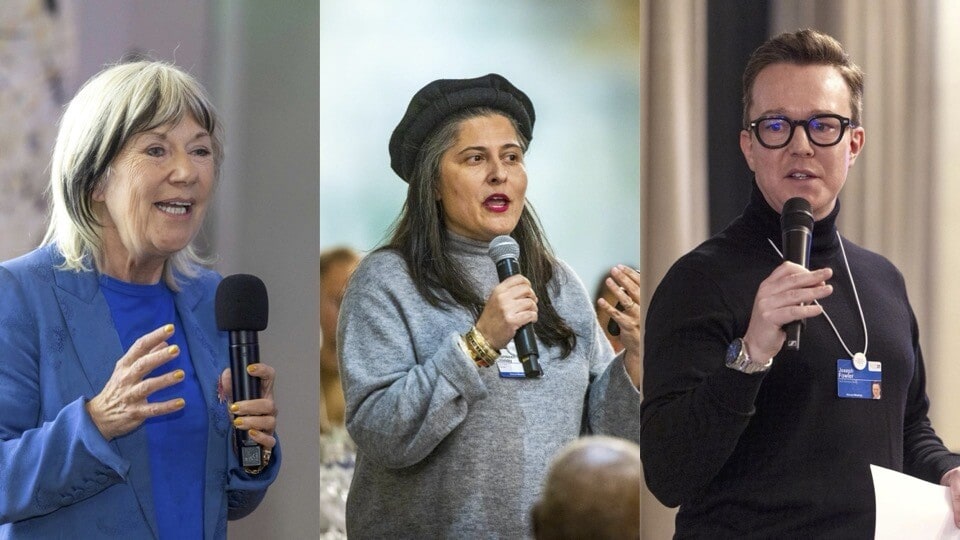Explosive virtual-reality Aborigine film wins Emmy Award

Collisions tells the true story of an Aboriginal Australian who witnesses a nuclear test
A groundbreaking virtual reality film has won an Emmy award for outstanding new approaches to documentary film-making. Collisions tells the story of Australian Aboriginals who were caught up in a series of nuclear tests by the British military in the 1950s.
The film was produced by Nicole Newnham, supported by the Sundance New Frontiers / Jaunt VR residency, and by the World Economic Forum which acted as executive producer, and gave the film its world premiere during Davos 2016. The film's director Lynette Wallworth accepted the award.

Collisions tells the true story of Nyarri Morgan. In the 1950s Nyarri was living a traditional nomadic lifestyle in the Australian outback. One day, as he wandered alone in the desert, a powerful nuclear explosion erupted from the horizon. Until this fateful moment, Nyarri's isolated people had had no previous contact with the Western world.
Nyarri had no words to explain what he had lived through. His interpretation of the most violent of man-made events was that the spirits of his land were rising up around him.
Like Nyarri before them, the producers were struggling to find a way to express the visceral experience of witnessing a nuclear explosion at close quarters. Then Lynette Wallworth saw her first 360 degree, virtual reality film. She immediately knew this new form of immersive film-making would bring the viewer closer to what Nyarri had experienced than any other format.
Shifting perspectives
"Quite simply, virtual reality places the viewer inside the film," Wallworth explains. "It creates presence where before there was only observing. This fundamental shift in perspective changes everything. It makes everything personal because we feel present and so it does the thing I had been striving for in so many ways, in so many works, it makes us all feel connected to what is happening. VR was the technology I had been waiting for.
She adds: "I love the moment when the viewer experiences a new sensation for the first time. I know the uniqueness of that moment gets seared into memory. I also believe in the power of story to reshape us collectively and Nyarri’s story is a powerful one. So it seemed to me that the two belonged together."
Nico Daswani, Head of Arts and Culture for the World Economic Forum, said: "Lynette is one of the great storytellers of our time. We are thrilled to have been a platform for this work to be created and have impact around the world. Collisions is a film of rare beauty and emotional resonance and makes us feel deeply connected to each other."
Don't miss any update on this topic
Create a free account and access your personalized content collection with our latest publications and analyses.
License and Republishing
World Economic Forum articles may be republished in accordance with the Creative Commons Attribution-NonCommercial-NoDerivatives 4.0 International Public License, and in accordance with our Terms of Use.
The views expressed in this article are those of the author alone and not the World Economic Forum.
Stay up to date:
Arts and Culture
Forum Stories newsletter
Bringing you weekly curated insights and analysis on the global issues that matter.
More on Arts and CultureSee all
Elena Raevskikh and Giovanna Di Mauro
October 22, 2025






